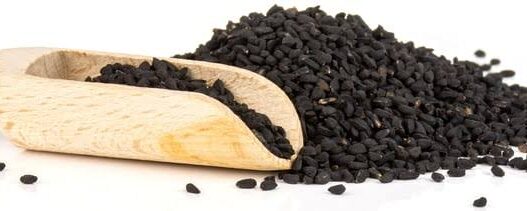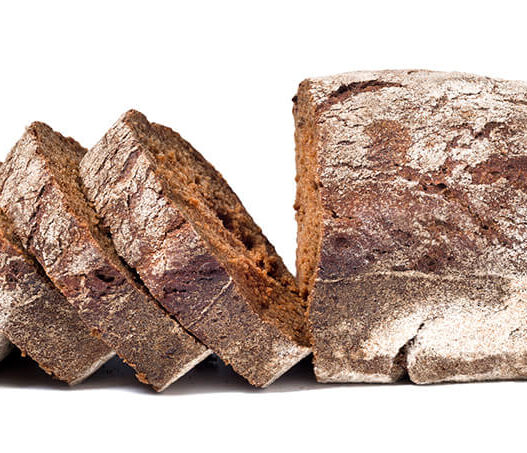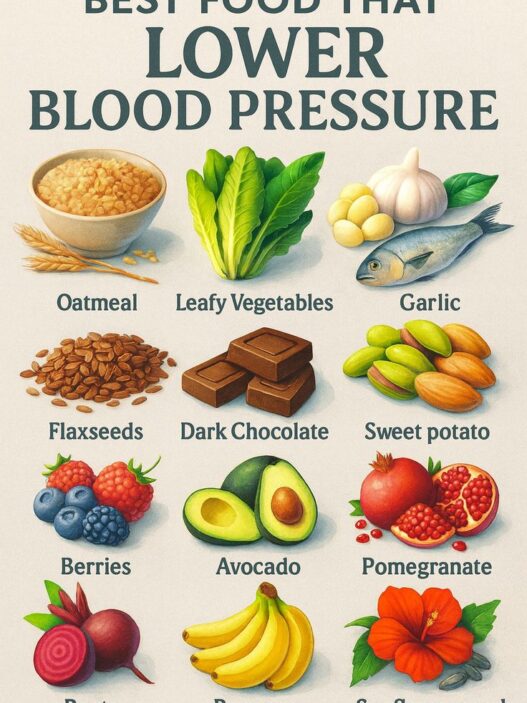Walk into any herbal shop or search online for natural remedies, and you’ll find black seed oil at the top of the list. From boosting immunity to supporting heart health, it has been celebrated in traditional medicine for centuries.
Many people even call it “a cure for everything except death.”But here’s a perspective we don’t hear enough: if something is powerful enough to heal, it’s also powerful enough to cause harm due to black seed oil side effects.
Despite its reputation as a “natural miracle,” black seed oil comes with potential side effects-some mild, others serious-that deserve attention.
This article dives deep into the possible risks of black seed oil, backed by medical reasoning, scientific studies, and real-life experiences, so you can make safe, informed choices.
Digestive Problems When Too Much Backfires
Black seed oil is often used to relieve bloating and improve digestion, but in large doses it can actually upset your stomach.
Symptoms Reported
- Nausea and vomiting
- Abdominal cramps
- Gas and bloating
- Constipation or sudden diarrhea
Case Example: A 32-year-old woman from the UK reported that she started taking 1 tablespoon of black seed oil daily after reading about its benefits. Within days, she developed constant nausea and couldn’t eat properly. When she reduced the dose to just half a teaspoon, the symptoms disappeared.
Medical Note: Thymoquinone, the active compound in black seed oil, can irritate the stomach lining if taken in excess.
Safe Practice: Always start small (¼ to ½ teaspoon) and take after meals.
Allergic Reactions on Skin
Many people apply black seed oil on acne, eczema, or hair. While it works for some, for others it causes allergic flare-ups.
Reactions Include
- Redness and itching
- Rash
- Burning sensation
Case Example: On a skincare blog, one reader shared that her acne actually worsened after applying undiluted black seed oil. Later, she realized her skin needed dilution with coconut oil.
Science Insight: Skin allergy occurs when the immune system identifies compounds in the oil as irritants.
Safe Practice: Always do a patch test before applying to face/scalp.
Blood Pressure Drops Too Low
One of the best-known benefits of black seed oil is lowering blood pressure. But if you already have low BP or take hypertension medication, this can cause problems.
Symptoms
- Dizziness
- Lightheadedness
- Fainting
- Headaches
Case Example: A diabetic patient in India was on medication for high blood pressure. After taking black seed oil daily, his readings dropped dangerously low. His doctor advised him to stop the oil immediately.
Medical Reason: Black seed oil widens blood vessels, which can lower blood pressure beyond safe levels.
Safe Practice: Monitor BP regularly if using black seed oil with medication.
Interactions With Medicines
This is one of the most serious but hidden risks. Black seed oil can interfere with the way your body processes drugs.
Known Interactions
- Diabetes medicine: Risk of very low blood sugar (hypoglycemia).
- Blood thinners (Aspirin, Warfarin): Risk of excessive bleeding.
- Blood pressure drugs: Risk of dangerously low BP.
Case Example: A pharmacist shared how a patient on blood thinners started bleeding more often after secretly using black seed oil. The doctor was shocked to learn about the supplement later.
Safe Practice: Always inform your doctor before combining herbal supplements with prescriptions.
Risks in Pregnancy and Breastfeeding
While black seeds are safe in food, concentrated oil is a different matter.
Concerns
- May cause uterine contractions, increasing miscarriage risk.
- Lack of research on breastfeeding safety.
Case Example: On a pregnancy forum, an expecting mother said her gynecologist strictly told her to stop using black seed oil until after delivery.
Safe Practice: Avoid black seed oil in pregnancy unless doctor-approved.
Excessive Bleeding Risk
Black seed oil thins the blood, which can be helpful for circulation but dangerous if you’re prone to bleeding.
Risks Include
- Easy bruising
- Nosebleeds
- Prolonged bleeding after cuts
- High surgical risks
Doctors advise stopping black seed oil 2 weeks before any surgery.
Stress on Liver and Kidneys
Research shows high doses of black seed oil may damage vital organs.
Symptoms of Organ Stress
- Fatigue and weakness
- Yellow skin (jaundice)
- Pain in upper abdomen
- Swelling in legs/feet
Research Insight: A study found that excessive doses of Nigella sativa extract elevated liver enzymes-an early sign of liver stress.
Safe Practice: Stick to moderate amounts, avoid long-term heavy use.
Drowsiness and Headaches
Some people feel sleepy, foggy, or develop headaches.
Case Example: A 21-year-old student said she had to stop taking black seed oil during exams because it made her too drowsy to study.
Reason: Linked to drop in blood pressure and sugar levels.
Children’s Safety Concerns
Parents often ask if black seed oil is safe for children. There’s limited research, and side effects can be unpredictable.
It’s best to stick with black seeds in food (like curries or bread), not concentrated oil for kids.
Myths vs Facts
- Myth: Black seed oil has no side effects—it’s 100% safe.
- Fact: Overuse can harm digestion, blood pressure, and liver health.
- Myth: Natural remedies never interact with medicines.
- Fact: Black seed oil interacts with diabetes, blood pressure, and blood-thinning drugs.
FAQs
Q: Can black seed oil cause weight gain?
A: Not directly, but excess intake may upset digestion, reducing metabolism.
Q: Is black seed oil safe for long-term use?
A: Only in small, food-like doses. Avoid high daily intake for months.
Q: Can I take black seed oil with honey daily?
A: Yes, but keep dosage small (½ teaspoon) and check your health response.
Safe Dosage Guidelines
- Adults: ½ to 1 teaspoon per day (not tablespoons).
- Topical use: Always dilute with carrier oils like coconut or olive.
- Breaks: Use in cycles (e.g., 2 months on, 1 month off).
Conclusion
Black seed oil is powerful, sometimes too powerful. It can heal when used wisely, but harm when overused.Think of it like fire: it can cook your food or burn your house, depending on how you handle it.
If you’re healthy, small doses may help. But if you’re pregnant, on medications, or have liver/kidney issues, it’s better to consult a doctor first.























